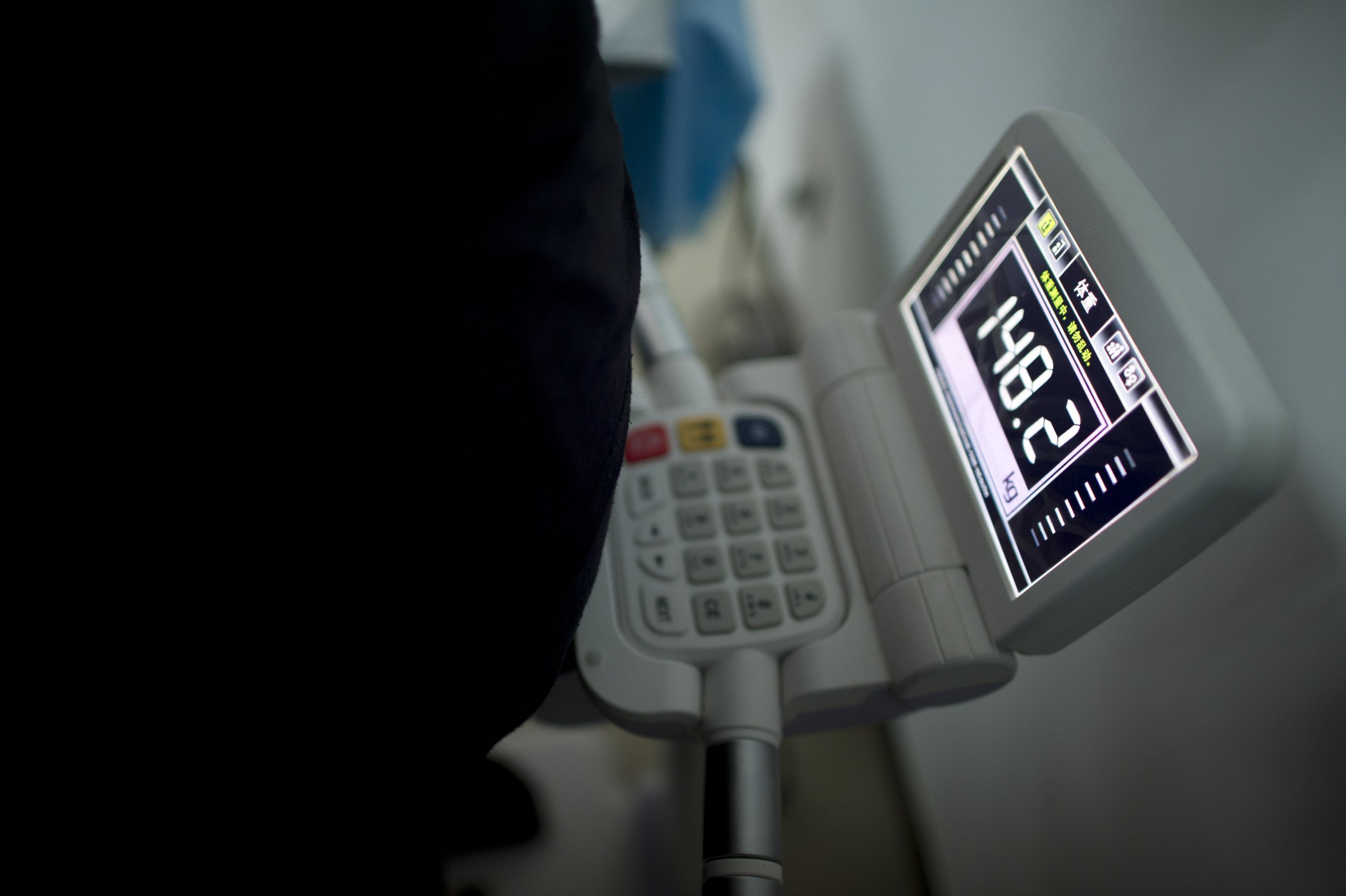
Our bodies may have their own internal mechanism that can monitor body weight. The mechanism, which works sort of like a bathroom scale, may even let us know when it's time to cut back on food, according to new research. The proposed body fat regulatory system was found only in rodents, but scientists from the University of Gothenburg in Sweden are eager to see if they can observe the effects in humans too.
"We have discovered a completely new system that regulates fat mass. We hope this discovery will lead to a new direction in obesity research," study author, John-Olov Jansson, a professor at Sahlgrenska Academy at the University of Gothenburg, said in a statement. "The findings may also provide new knowledge about the cause of obesity and, in the long run, new treatments of obesity."
Related: Don't try to lose weight during the holidays, says Dietitian Keri Glassman
Jansson and his colleagues made their discovery by implanting excess weight in the form of capsules into the bodies of mice. Then they compared them to mice that had empty capsules placed in their stomachs. During the course of the study, the researchers measured the animals' weights each day. After a couple of weeks, both groups of mice weighed nearly the same, which meant the artificially obese mice had lost the extra weight. Further evaluations revealed that the heavier group had less white fat—which helps to warm the body and provide energy, among other functions—than the group implanted with empty capsules.
Additionally, the team found that brown fat—which works to burn energy—wasn't any higher in the obese rodents than it was in the lighter animals. However, they did find that the heavier animals were eating less than their counterparts. Therefore, something was going on internally, the researchers concluded.
Related: How to lose weight: Why stepping on the scale gets in the way
In 1994, scientists discovered leptin, which is a hormone that helps regulate the body's metabolism. But, in the latest study—published in the Proceedings of the National Academy of Sciences—the researchers suggest that it's another mechanism at work.
"The mechanism we have now identified regulates body fat mass independently of leptin, and it is possible that leptin combined with activation of the internal body scales can become an effective treatment for obesity," study author Claes Ohlsson, a professor at the University of Gothenburg, said in a statement.
They've dubbed the new mechanism "gravitostat"—which is made up of two Latin words: gravis, which translates to "heavy," and status, meaning "stable."
Uncommon Knowledge
Newsweek is committed to challenging conventional wisdom and finding connections in the search for common ground.
Newsweek is committed to challenging conventional wisdom and finding connections in the search for common ground.
About the writer
To read how Newsweek uses AI as a newsroom tool, Click here.








